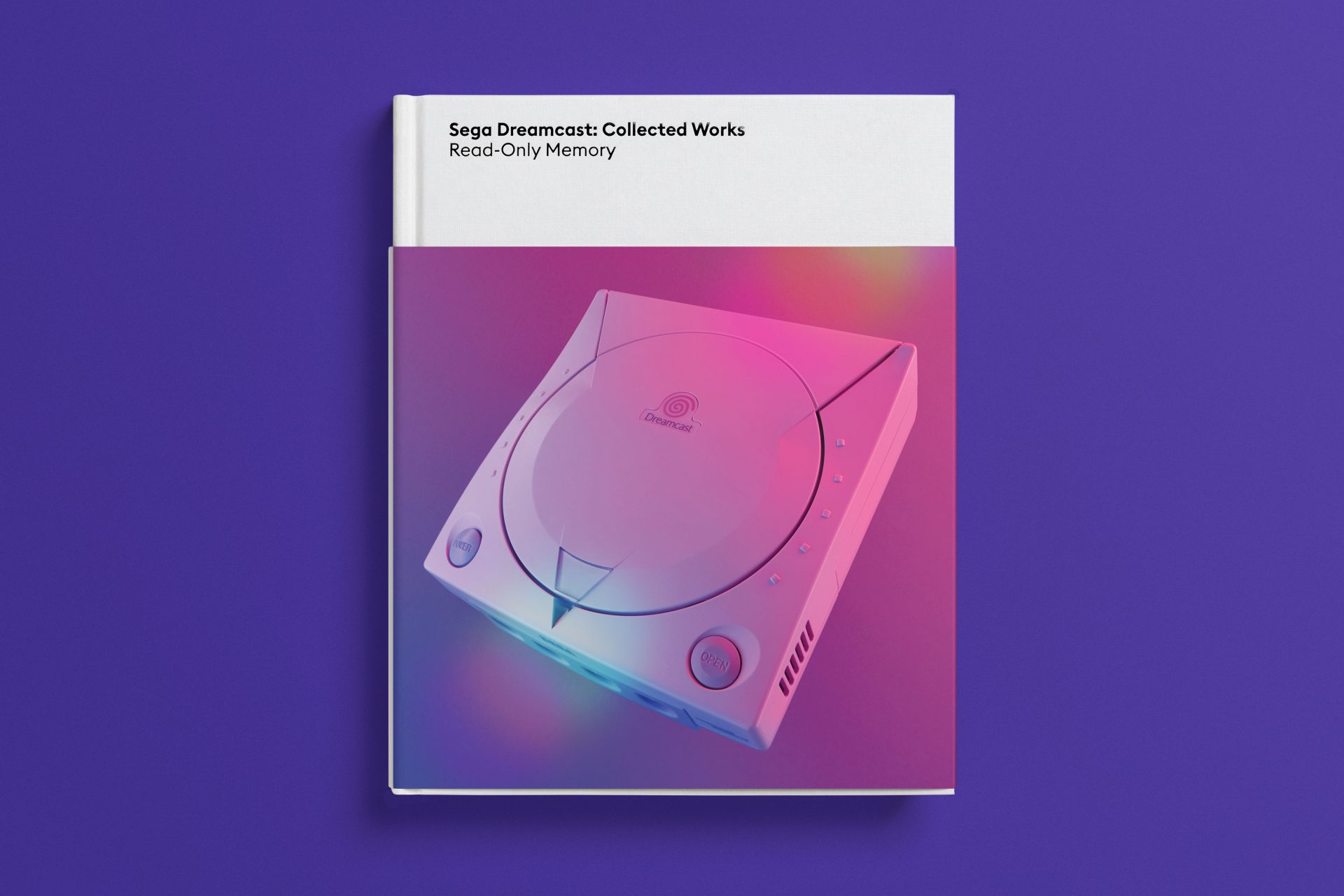What a weird year. As cautious as we were, and as much as we hoped to avoid it, all of us but J got Covid at the end of the year. Mild symptoms, but pretty darned unpleasant regardless. Fortunately we’re all negative again, and it seems like we dodged the “long Covid” bullet (for now).
Overall, I think 2022 was a bit directionless for me. We did a lot of fun stuff – we did a week-long Legoland + Universal trip with Eric and P, which was awesome, and we spent three weeks in Hawaii, which was really memorable. It was really nice to be able to go there and actually do things leisurely. We did a lot of stuff – Diamond Head, snorkeling, a private historical tour of the island, but we weren’t in a rush, which was great. We spent most of the time with Hajeong, and it was nice to have someone else around. Ei-Nyung’s family met up with us the last week of the trip, and they had a really memorable experience running into Masaharu Morimoto at his restaurant.
The rest of the year I did some mentoring and consulting and teaching. I think overall, the thing I got the most enjoyment out of was teaching. Mentoring is fine, but it’s a huge time investment that doesn’t particuarly “scale”, and it’s super disruptive. Consulting was … frustrating. I think the problem is that my input is really only useful at the right time, and in one of the cases this year, the company had gone way too far down the wrong path before I was ever involved, and as a result, they can’t make the call to actually *act* on any of the things that they need to. Which is just frustrating, and led to more stress than satisfaction.
We got more stuff in the backyard – the hot tub & work shed, and I think with that, the bulk of our backyard is “done”. Not just interim done, but legitimately “done”. As good as we want it, needs no upgrades. Maybe a retractable awning off the house to shade the deck at times, but that’d be icing on the cake. The funny thing is, we have a lot of cosmetic work in the house that’d make a huge difference, and it’ll be interesting to figure out if we can ever pull the trigger on it. Stuff like re-flooring the downstairs (I hate the bamboo flooring we originally got, and it was installed really badly) or trimming the upstairs rooms properly. Some drywall fixes are necessary – as the house has settled, the taping at the corners has become all warped, and it’s beyond my skill level to fix. But those are details. The vast majority of the house is in great shape, and it’s just cosmetic details. Still, if we were ever to hypothetically sell the house, these are the kinds of things you’d have to do before selling, but I wouldn’t want to not be the beneficiary of that work, either. So at some point, we’ll probably do it.
Health-wise… I didn’t get off my ass enough. I did some winging this year, but the algae bloom over the summer and relative lack of wind kept me off the water for a lot of the summer. I did manage to get on foil more regularly, which was great, and found a great learning place in Marina Bay, which meant I spent a lot more productive time that wasn’t just pure constant frustration. Feels like in 2023, I might benefit from a lesson, rather than trying to beat my head against this for another year without any instruction.
The kids continue to get older. J’s taller than Ei-Nyung, now. K’s significantly taller than J when J was K’s age. Both are creative and ridiculous. J’s made a “cover” of Battle Cats called Battle Birdy, which is incredible. K’s art just gets better and weirder all the time. I couldn’t be prouder of these two goons. J’s also started in Animation Club in school this year, which is neat – he’s working on a stop-motion animation on Friday afternoons.
Overall while 2022 was a bit directionless, it was also excellent. I genuinely can’t complain about anything – good friends, family in good health (though my dad’s mental faculties are noticeably declining), and everyone’s happy. I’ve spent a bit more time doing music-related stuff this year, and built a guitar from a kit, which was fun. Played a ton of boardgames (though pandemic still means this happens less frequently than I’d like). Gloomhaven with Max & Ei-Nyung continues to make slow but satisfying progress, and we’ve cracked open a lot of new, interesting stuff this year. Purchasing of boardgames has slowed way, way down, though. In part because we have more games than time, and in part because I feel like my collection of games now has something for every situation, and finding new games that are interesting and fit some new slice of the hobby is something that happens less and less frequently. If anything, I think my future in the hobby will be starting to whittle down the collection, and upgrading whatever things I like to their “best” versions. Which is, TBH, probably the theme of 2023. Less, but higher-quality everything. Except sleep and exercise. Those have got to go up. Time with kids. Experiences. Stuff that matters.
New Year’s resolutions, a little early:
- Under 210 lbs. for the *majority* of the year
- Frequent exercise – 3-5x/wk, either winging, rowing, cycling, swimming
- Play at least one boardgame in person with friends a month
- Make something from start to finish
 I picked up a book by
I picked up a book by